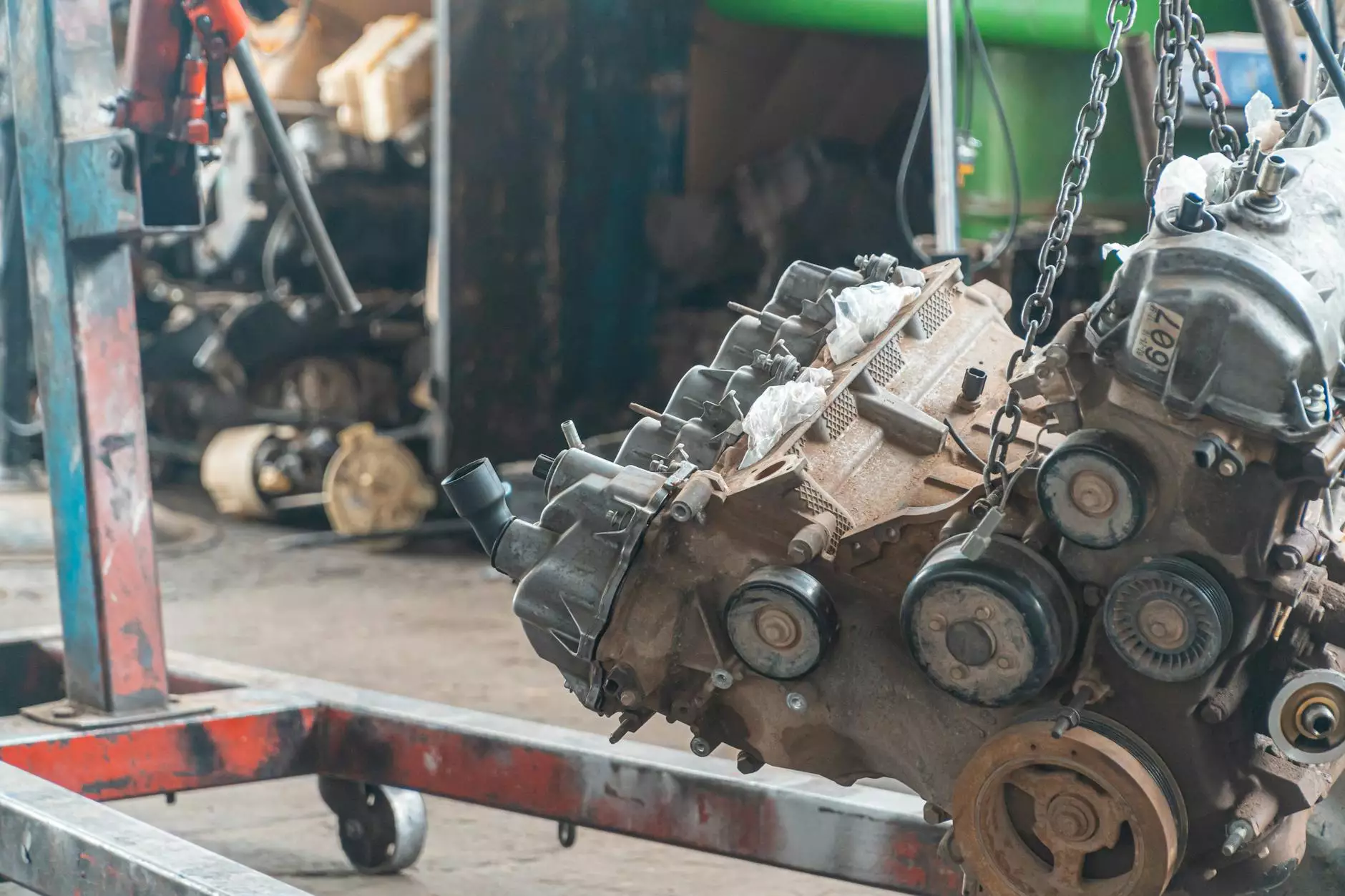Understanding Hydraulic Ball Valves: A Comprehensive Overview

In the world of fluid control, the significance of hydraulic ball valves cannot be overstated. These devices play a crucial role in a vast array of industries, facilitating the precise regulation of fluid flow with remarkable efficiency. This article aims to delve deep into the functionality, types, applications, and notable benefits of hydraulic ball valves, emphasizing their importance in modern engineering and industrial processes.
What are Hydraulic Ball Valves?
A hydraulic ball valve is a type of valve that utilizes a ball to control flow. When the ball’s hole (or port) is aligned with the flow, it allows fluid to pass through; when it is perpendicular, the flow is blocked. The simplicity of this design makes hydraulic ball valves highly effective for rapid shut-off. Their operation mechanism is straightforward, which contributes significantly to their popularity across various applications.
How Hydraulic Ball Valves Work
The functioning of a hydraulic ball valve revolves around its robust construction and mechanical design. The basic components include:
- Ball: The spherical component with a hole through its center.
- Body: The outer casing that contains the ball and the flow path.
- Seat: The surface against which the ball seals the flow when closed.
- Stem: The component that connects the ball to the actuator (manual or automatic).
When the valve is operated, the ball rotates relative to the seat, allowing fluid to flow or stopping it entirely. This rotation can be executed using various mechanisms, including:
- Manual Handles: Commonly used for smaller valves and applications.
- Pneumatic Actuators: Utilized in larger installations for ease of use.
- Electric Actuators: Provide remote control capabilities for safety and efficiency.
Types of Hydraulic Ball Valves
Hydraulic ball valves are available in different types, each designed for specific applications and requirements:
1. Floating Ball Valve
In a floating ball valve, the ball is not fixed in place but rather "floats" between the inlet and outlet seats. This characteristic allows the ball to be pushed against one seat, providing an effective seal and allowing for high flow rates. Floating ball valves are commonly employed in low to medium-pressure applications.
2. Trunnion Ball Valve
A trunnion ball valve features a fixed ball that is supported by trunnions above and below it. This design is essential for high-pressure applications as it minimizes the torque on the stem. Trunnion ball valves are robust and capable of handling large volumes of fluid with superb reliability, making them ideal for industries requiring stringent operational reliability.
3. Manual Ball Valve
Manual ball valves are operated by hand to control fluid flow. They are typically used in applications where automated controls are unnecessary and where manual intervention is feasible. This type of valve is highly suitable for maintenance and service operations.
4. Electric Ball Valve
Electric ball valves provide automated operation through electrical actuators, which facilitate remote control and integration within automated systems. These valves are exceptionally valuable in applications where operational efficiency and remote management are paramount.
Applications of Hydraulic Ball Valves
The applications of hydraulic ball valves span numerous industries, showcasing their versatility and adaptability:
1. Oil and Gas Industry
Hydraulic ball valves play a fundamental role in oil and gas exploration, production, and distribution. Their ability to handle high pressures and aggressive fluids makes them crucial for efficient flow management and safety.
2. Water Treatment Plants
In water treatment and distribution systems, hydraulic ball valves are utilized for their reliability and quick shut-off capabilities. They help manage the flow of water and treatment chemicals efficiently, promoting better service delivery and operational effectiveness.
3. Chemical Processing
The chemical industry often deals with corrosive and hazardous substances. Hydraulic ball valves, particularly those made from high-quality materials, provide the necessary resistance against chemical degradation while ensuring secure and safe operation.
4. Food and Beverage Processing
In the food and beverage sector, hygiene and sanitation are paramount. Hydraulic ball valves designed with clean-out features are employed to ensure that products remain uncontaminated throughout the processing stages.
Benefits of Using Hydraulic Ball Valves
The advantages of incorporating hydraulic ball valves into fluid control systems are multifaceted:
1. Durability
Hydraulic ball valves are built to withstand harsh conditions and high pressures, making them a durable choice for many applications. Their materials are selected for corrosion resistance, enhancing longevity and reliability.
2. Low Maintenance
With fewer moving parts than other types of valves, hydraulic ball valves require minimal maintenance. Routine inspections and occasional lubrications are generally sufficient to keep them functioning effectively.
3. Quick Operation
The design of hydraulic ball valves allows for rapid movement between open and closed positions. This feature is crucial for systems requiring immediate response times to changes in flow conditions or emergency shutdowns.
4. Versatile Performance
Hydraulic ball valves can be adapted to various fluids, temperatures, and pressures, showcasing their performance versatility across different industrial sectors.
Choosing the Right Hydraulic Ball Valve
Selecting the appropriate hydraulic ball valve for your application involves several key considerations:
- Material Compatibility: Ensure that the valve material is suitable for the fluids being handled.
- Pressure Ratings: Choose a valve that can withstand the maximum pressure of your application.
- Size and Flow Requirements: Assess pipe width and required flow rates to determine the appropriate valve size.
- Actuation Method: Decide whether manual, pneumatic, or electric actuation suits your operational needs best.
Conclusion
In summary, hydraulic ball valves are vital components in the modern industrial landscape. Their ability to efficiently control the flow of liquids and gases makes them a preferred choice across various sectors. With their durability, low maintenance needs, and versatile design, hydraulic ball valves, particularly those available at fitsch.cn, offer reliable solutions for fluid control challenges. By considering your specific application requirements, you can select the perfect hydraulic ball valve to enhance the efficiency and safety of your fluid handling systems.








